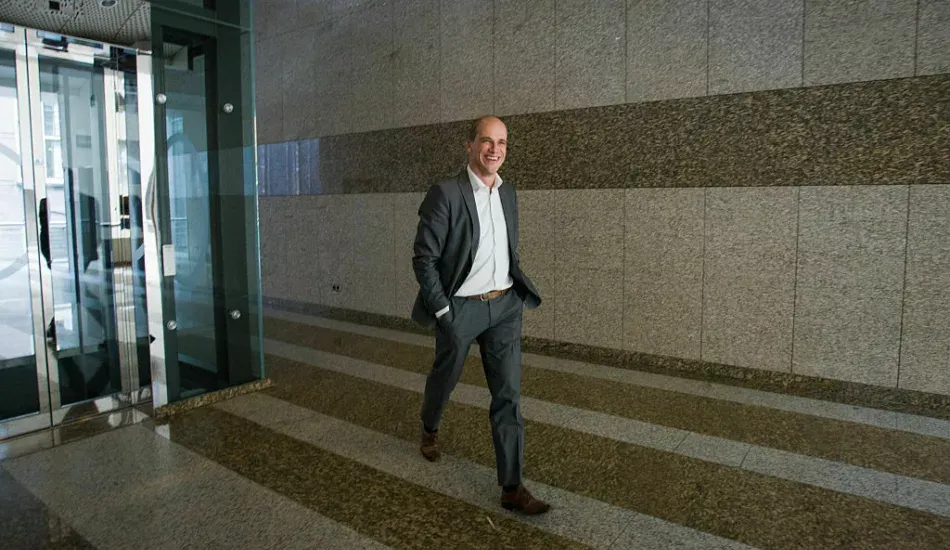Diederik Samsom worked for years in Brussels on the Green Deal. Now he sees how his big, green plan is getting smaller and losing momentum. "The climate is not top of mind right now. The good news: that is going to change again."

He proclaimed that message in Amsterdam at the Plant FWD event. While newspapers headlined with "European Parliament dilutes Green Deal" and "Controversial nature restoration bill is stripped-down compromise," Samsom still called it a magical plan. "It survived not one, but two major crises: a pandemic and a war. That is extraordinary. In hectic times, politicians often preach the message that the environment is very important, but that there are more pressing issues. And then such an ecological plan disappears into the bottom drawer of a desk. The Green Deal did not end up in that drawer. On the contrary, it gained additional traction."
Covid
This is partly because of that same pandemic, he believes. "When it was going on for three weeks, the European Commission decided that we needed to get the economy going again. The strength of the Green Deal is that it is not only an ecological plan but also an economic strategy. It is badly needed for a continent that is aging, both its inhabitants and its buildings, businesses, industries and energy supply. The Green Deal responds to that and outlived Covid."
War in Ukraine
Two years later, Putin launched the invasion of Ukraine. "Another major crisis that could have stopped the Green Deal. It didn't. Indeed, Europe woke up after 30 years of sleepwalking and came to the realization that we depend on only one person for our energy supply and gas: Putin. Even though we knew he was not a friendly ally. We knew it in 2000 when he invaded Chechnya. In 2006 when the same thing happened in Georgia. In 2014 when he annexed Crimea. Three times we were warned and yet we kept building new gas pipelines. In 2022, Europe finally came to the conclusion that we must become more energy independent. The only way to achieve that is with renewable energy."